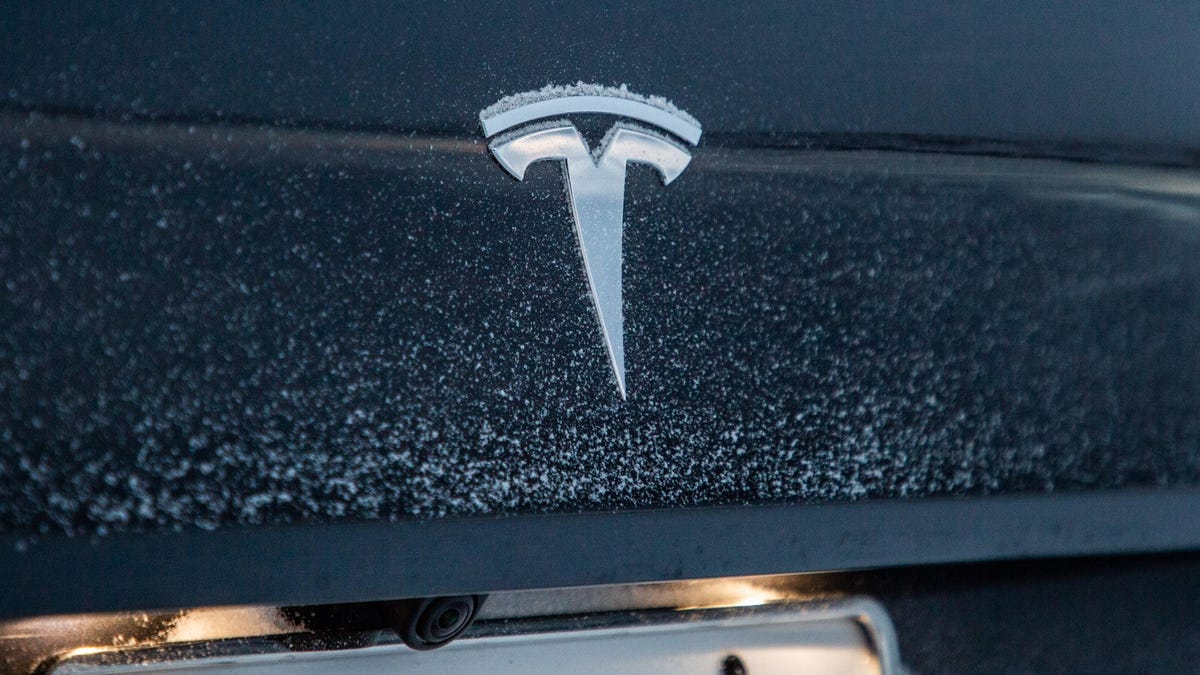Tesla Gigafactory expansion reportedly on hold as Panasonic ponders the future
The report also claims Panasonic has suspended its investment in Shanghai's Gigafactory.

Tesla and Panasonic both have vested interest in the success of Gigafactory, the EV automaker's dedicated battery plant. And, with Tesla having broken ground on another Gigafactory in Shanghai in January that will also build cars, now's probably not the ideal time for reports that Panasonic might have cold feet.
Tesla and Panasonic have frozen plans to expand Nevada's Gigafactory, and Panasonic will also halt its investment in the Shanghai Gigafactory, the Nikkei Asian Review reports, citing sources familiar with the matter. Nikkei's report claims that it's currently too risky to make major investments like those mentioned, blaming the pause on both thin operating margins in the industry and EV sales that are "performing below plans."
Neither company appears particularly concerned about anything, though. Reuters reports that Panasonic said it was "studying further investments" at Gigafactory, while Tesla said it believed "more output could be gained from its existing resources than previously thought." Nikkei's report said that Panasonic suffered more than 20 billion yen (about $179 million) in losses, due in part to Model 3 production delays. Neither Tesla nor Panasonic immediately returned Roadshow's request for comment.
Construction of Gigafactory 2 is very much underway, and the company still hopes to start churning out products before year's end.
Gigafactory 1, the site in Nevada, is a joint venture with $4.5 billion behind it to date. Panasonic builds the cylindrical battery cells themselves, while Tesla arranges those cells into battery packs before installing them in cars at its Fremont facility in California. The expansion, which was supposed to be completed by 2020 according to Nikkei, would have bumped annual battery capacity from 35 gigawatt-hours to 54. The two companies first signed an agreement in 2009.
Shanghai's Gigafactory, referred to as Gigafactory 2, hopes to build both cars and batteries for local markets, eliminating the frustrating shipping process (and the related tariffs) that Tesla currently endures to send its cars to The Middle Kingdom. Gigafactory 2 won't be a simple JV between just Tesla and Panasonic, though -- it's reportedly working to secure additional supplier agreements to ensure the factory can run at its expected full clip.
The first quarter of 2019 was a mixed bag for Tesla. The automaker built 77,100 cars in Q1, an overwhelming majority of which were Model 3s, an improvement over previous figures. However, at the same time, deliveries were down compared to Q4 2018. While it was still a year-over-year improvement, Tesla blamed long deliveries to China and Europe for the lower delivery figure. The automaker is now working on improving its delivery process, and the Chinese Gigafactory will play a major part in reducing those stressors.

